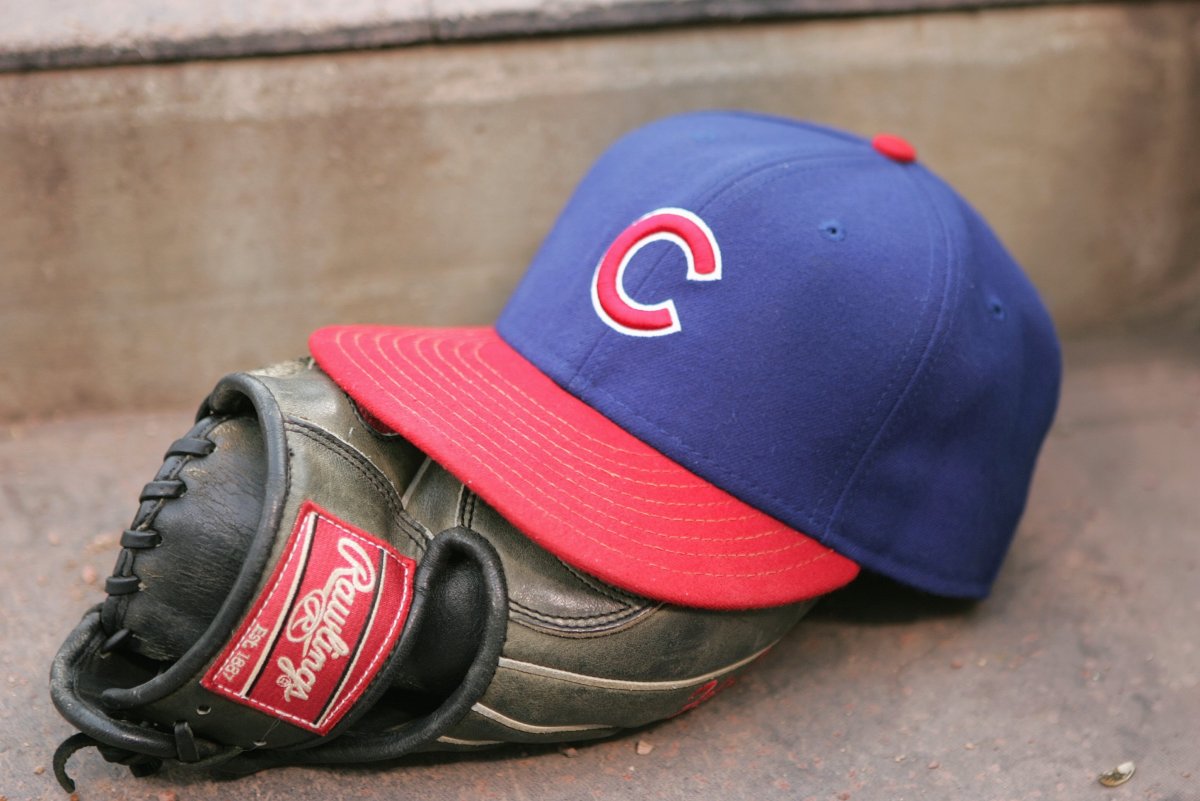-
How to Watch Mexico vs Japan: Live Stream International Soccer Friendlies, TV Channel - 9 mins ago
-
How to Watch Stanford vs BYU: Live Stream NCAA Football, TV Channel - 43 mins ago
-
The Future Is Flag Football - 48 mins ago
-
How to Watch Weber State vs Arizona: Live Stream NCAA College Football, TV Channel - about 1 hour ago
-
Powerball Hits $1.8 Billion. Here Are the 10 Biggest U.S. Lottery Jackpots. - 2 hours ago
-
Ohio State Buckeyes Star Jeremiah Smith Sets Massive Record - 2 hours ago
-
Stop Funding Trump’s Takeover - 2 hours ago
-
Dodgers’ Yoshinobu Yamamoto Loses No-Hitter in Heartbreaking Fashion - 2 hours ago
-
Why France’s Financial Woes Are Pushing Its Government to the Brink - 3 hours ago
-
Sabalenka Wins Second Consecutive US Open, Defeats Anisimova in Final - 3 hours ago
North Carolina Distributes Medication as Yellow Jackets Swarm After Helene
Health officials in North Carolina are distributing medications in response to an increase in allergic reactions to stings from yellow jackets in the wake of Hurricane Helene.
Heavy rain and flooding from Helene are believed to have destroyed the underground nests of many insects in North Carolina, causing them to swarm and sting people. As a result, the state has seen a large increase in requests for medication used to help people who are allergic to stings.
To address the issue, the North Carolina Department of Health and Human Services has started buying Benadryl and EpiPen (epinephrine) injections to meet the demand from hospitals and emergency medical personnel.
Meanwhile, the humanitarian aid group Direct Relief humanitarian aid group said it has provided over 2,000 EpiPen injections to sites like health centers and pharmacies.
“With every disaster, we get requests for EpiPens but this one is definitely an outlier,” Alycia Clark, Direct Relief’s chief pharmacy officer, told The Associated Press (AP).

Photo by Frank Hoensch/Getty Images
Clark added that many of the people who are seeking medical help for stings are outdoor workers, such as electricians, who are trying to fix damage caused by Helene.
The AP reported that North Carolina is working on a plan that would permit people to buy epinephrine injections without a prescription. The state is also working on ways to best distribute donations of medicines where it is needed.
“We are actively working to ensure Benadryl and epinephrine are readily available in western NC (North Carolina) for those who may be allergic or have been stung,” Summer Tonizzo, a press assistant at the state Department of Health and Human Services, said in an emailed statement to NBC News.
Tonizzo’s statement added that the medications will be available through hospitals, health care providers and emergency medical services.
Most people are not allergic to stings from insects like yellow jackets and bees, but stings can still cause pain and swelling. Benadryl can help alleviate those symptoms.
However, people with a severe allergy to stings could experience anaphylaxis, which can cause difficulty breathing, tongue swelling and loss of consciousness. Epinephrine is crucial as a first-line treatment for such extreme reactions.
The AP said experts recommend reducing the risk of stings by wearing long clothing and abstain from using perfumes and aromatic soaps and deodorants. Experts also say don’t swat at an insect circling around you, but if there are multiple stinging insects around, it’s advised to go inside or find shade.
This article includes reporting from The Associated Press.
Source link











